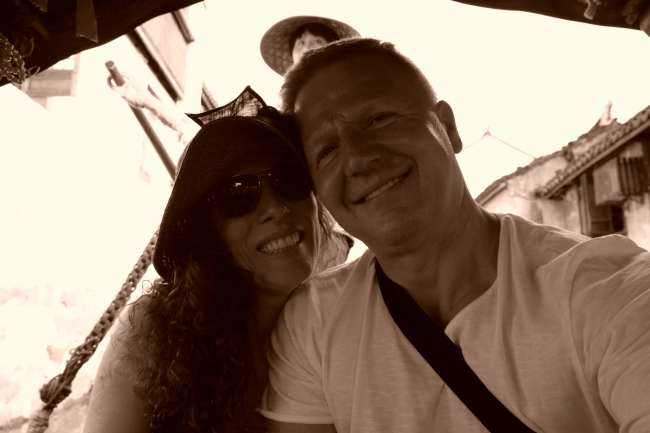HELLO TOKYO! KONNITSCHI-WA TOKYO.
منتشر شده: 15.06.2017
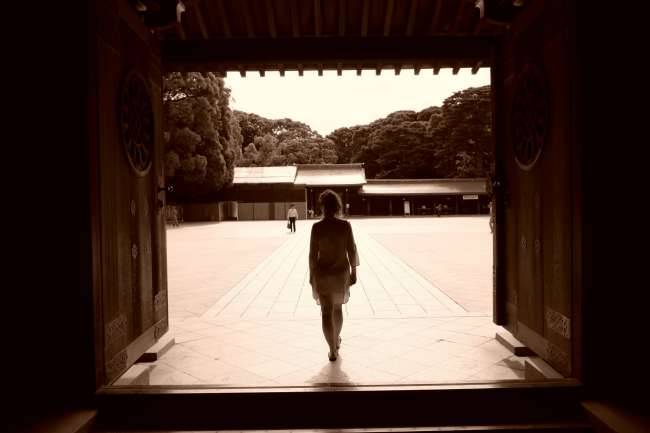
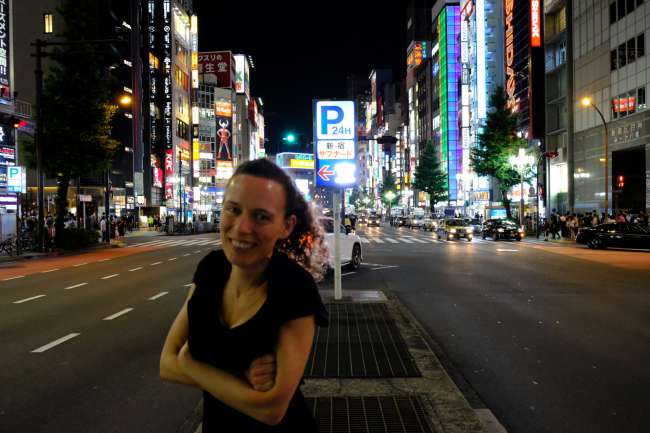
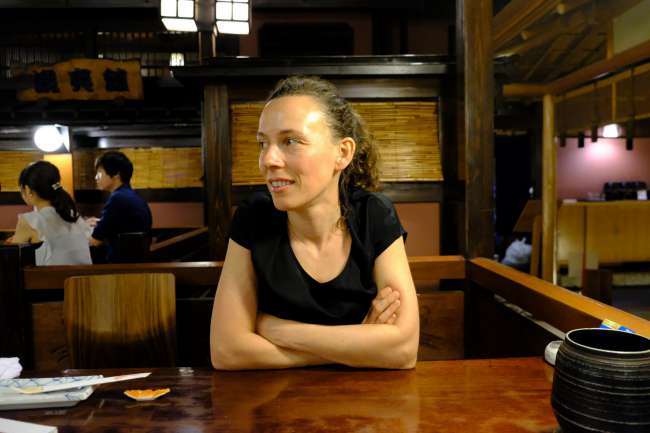
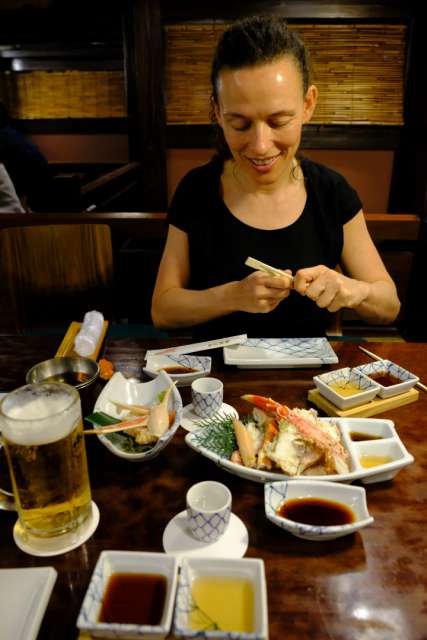
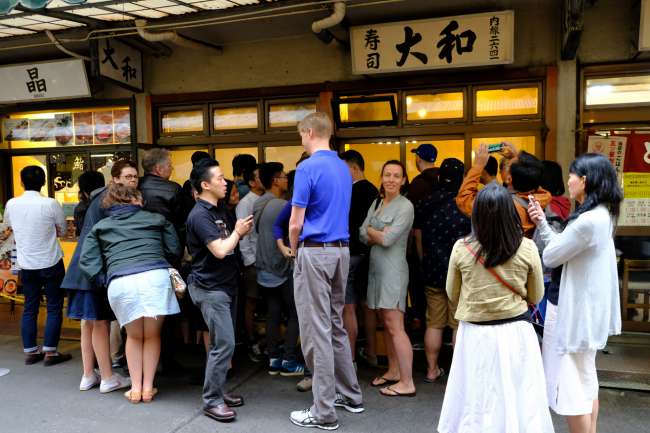
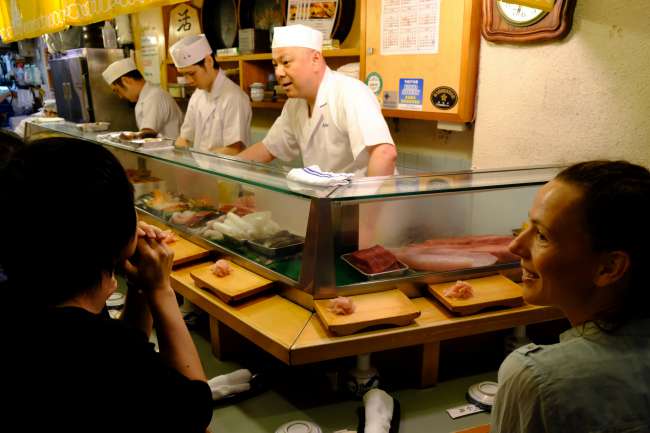
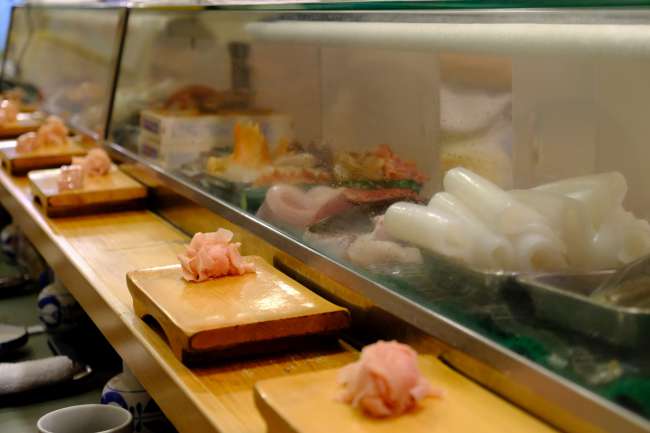
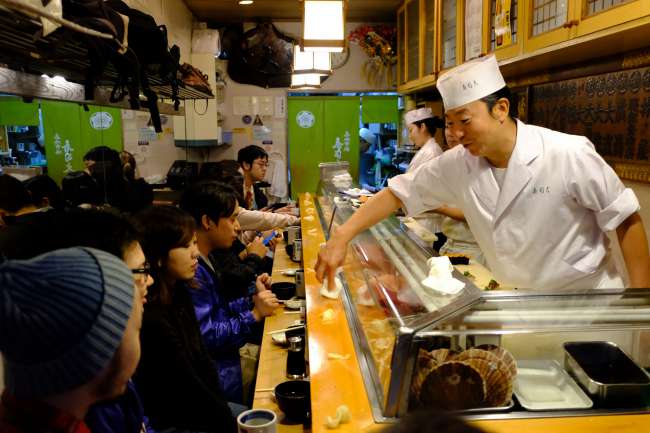
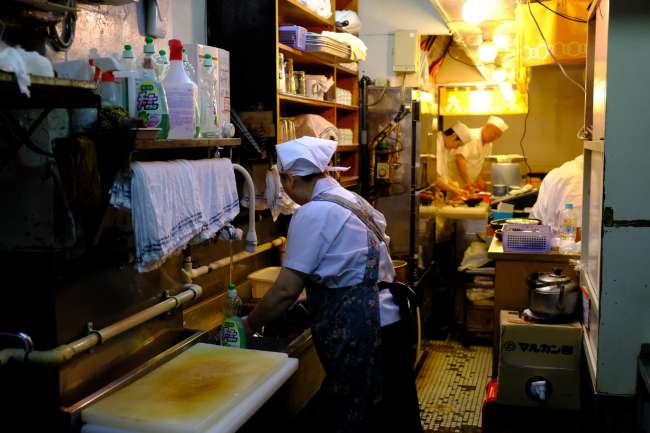
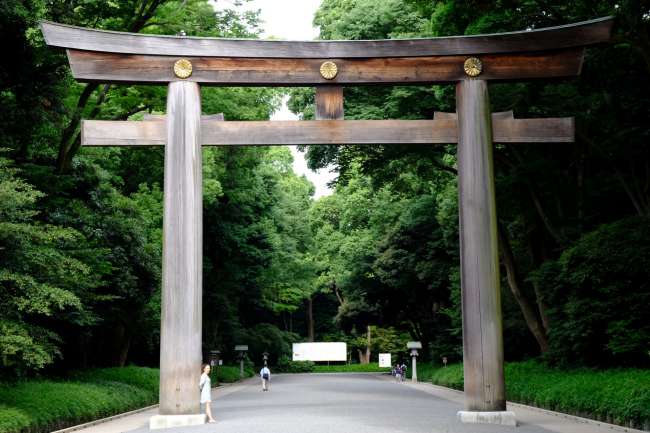
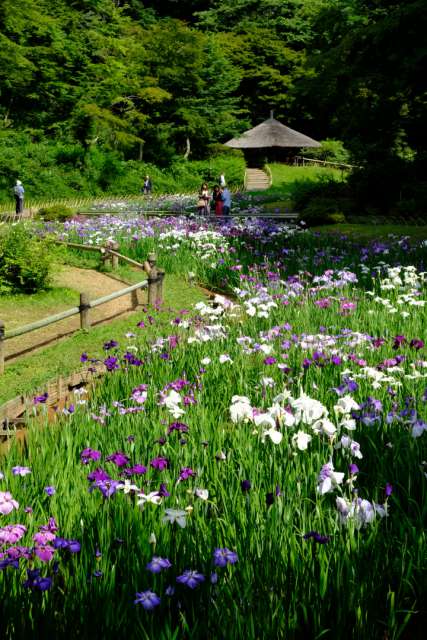
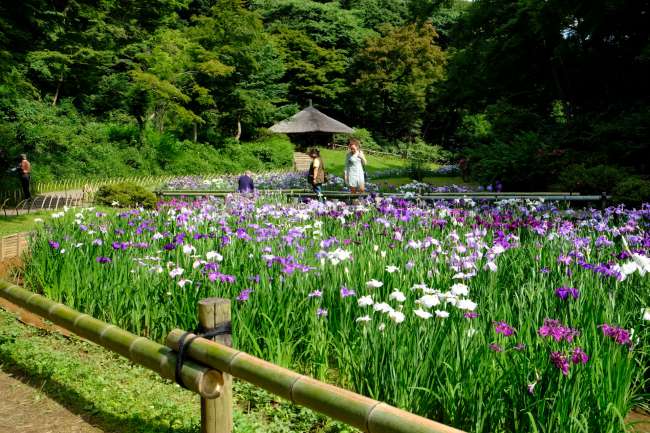
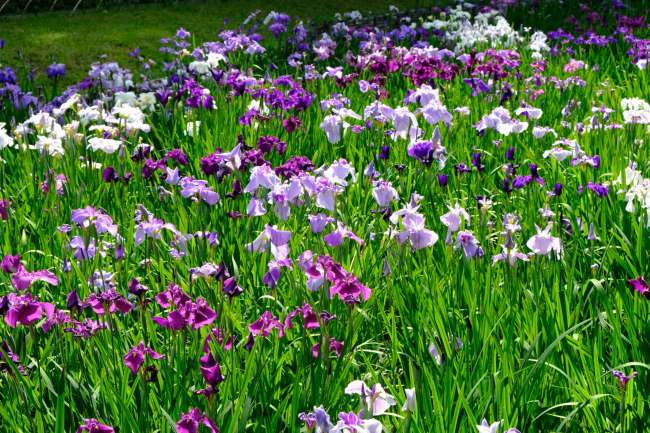
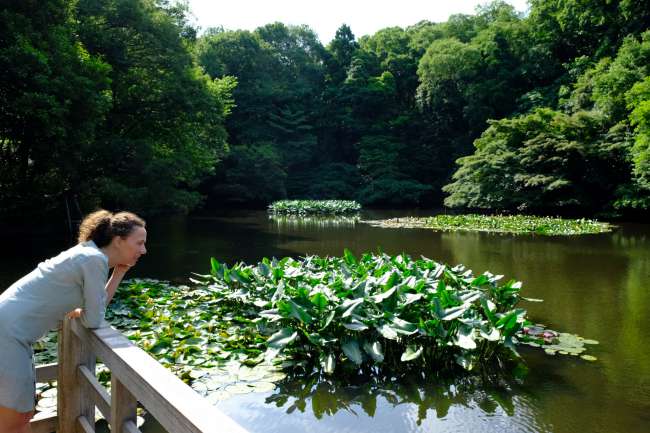
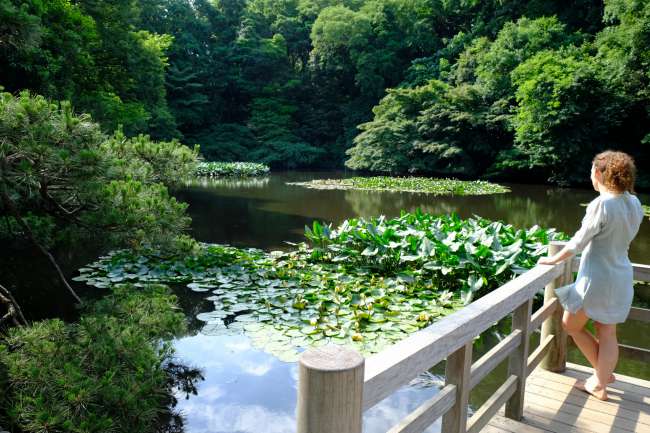
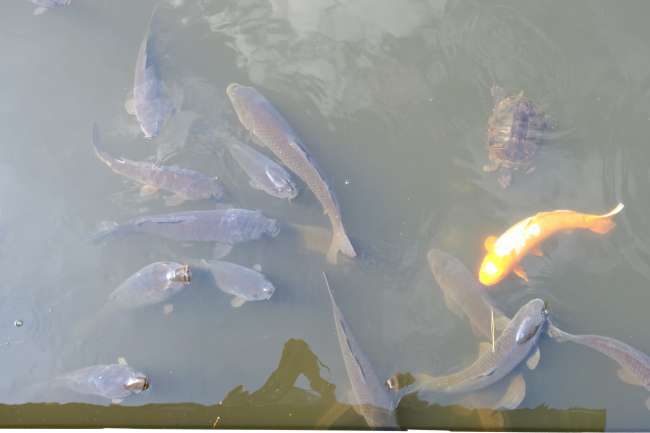
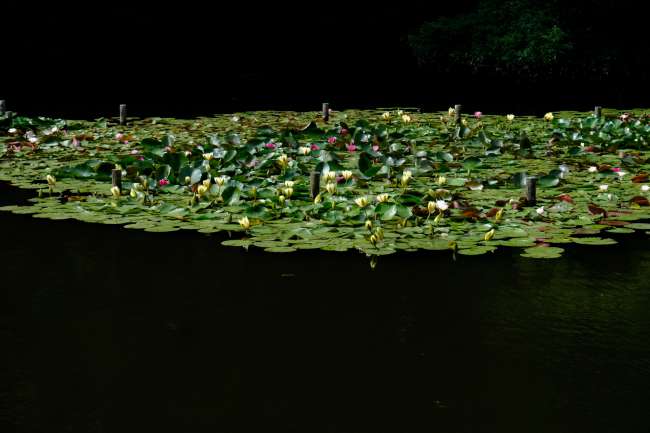
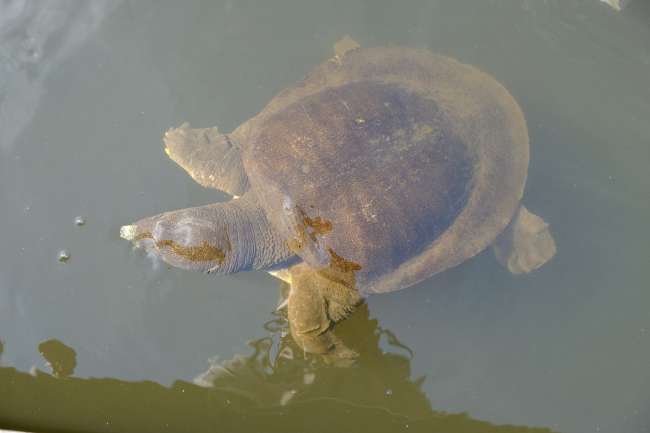
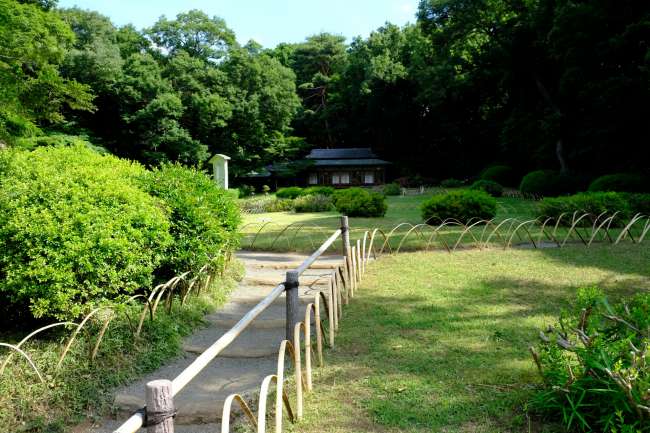
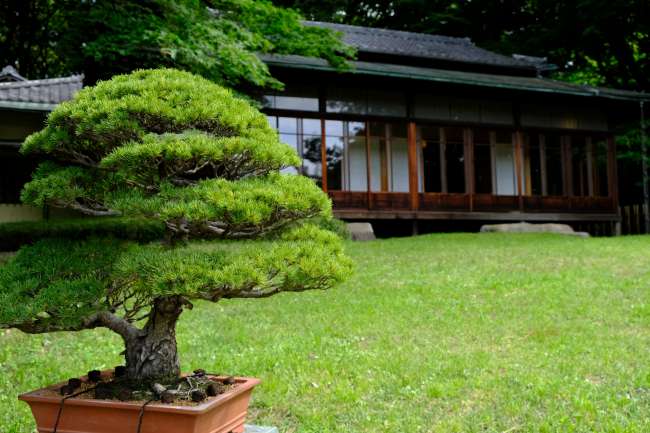
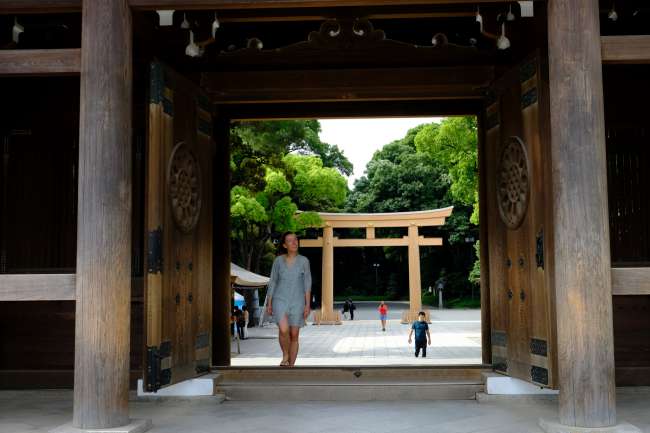
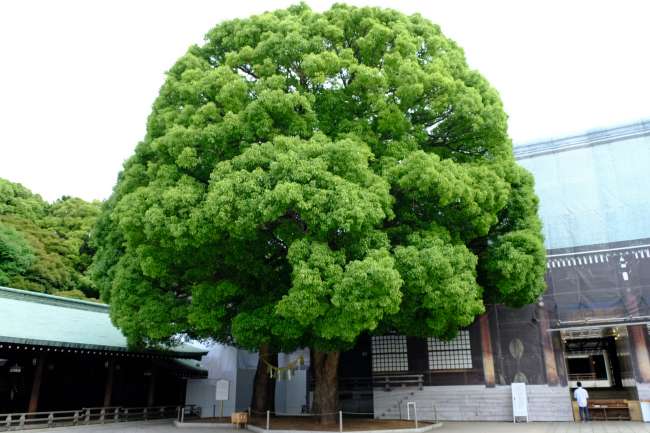
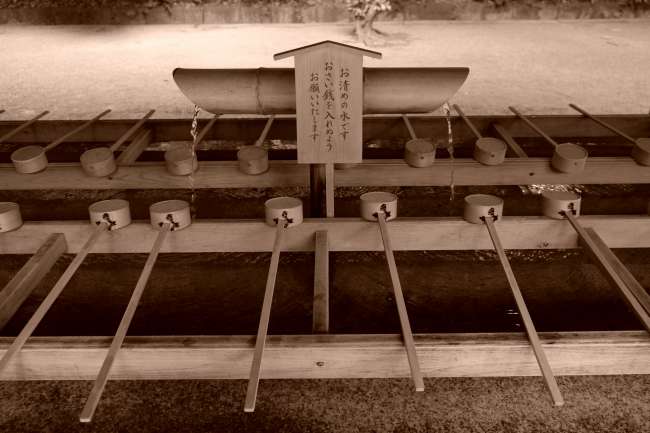
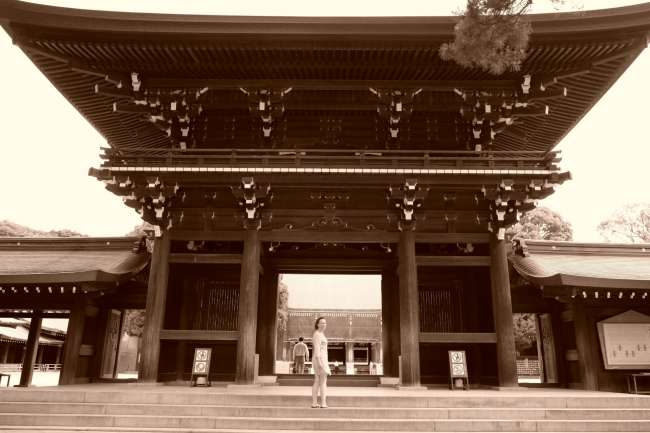
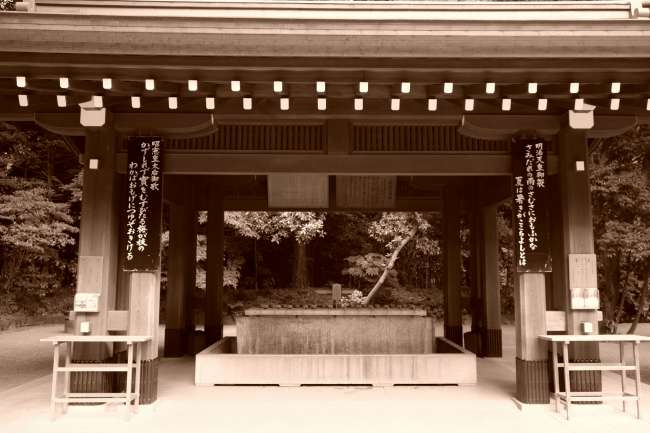
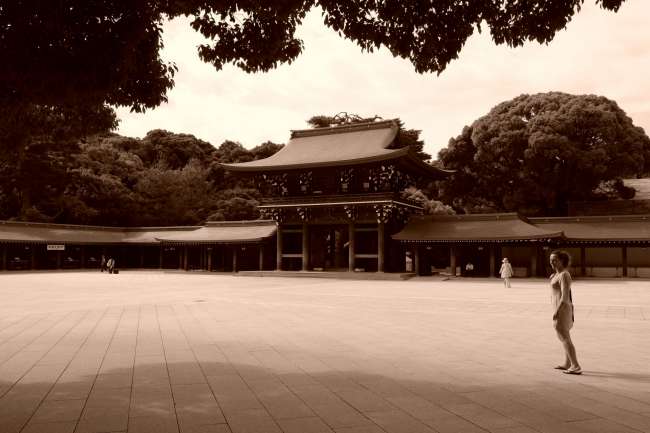
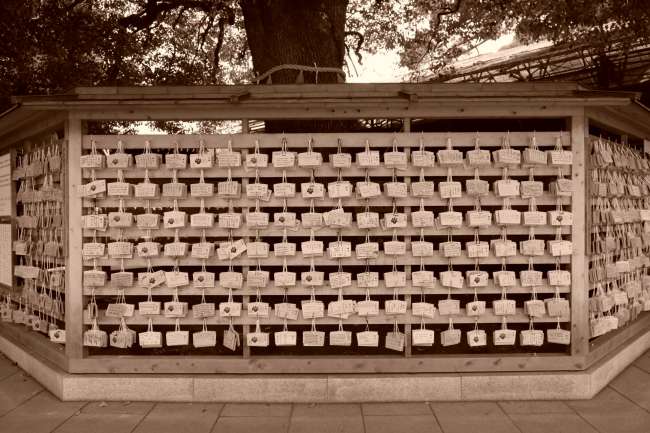
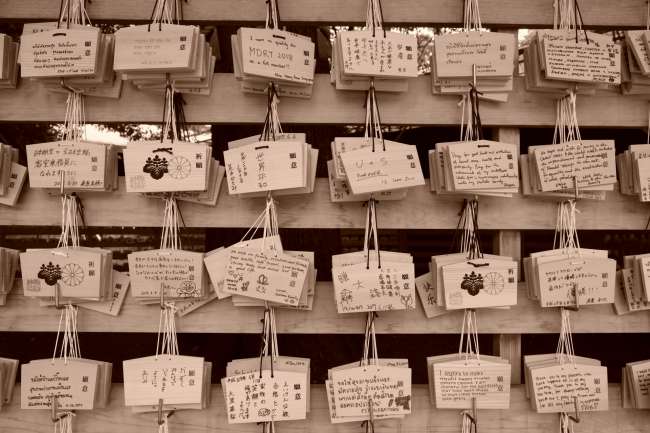
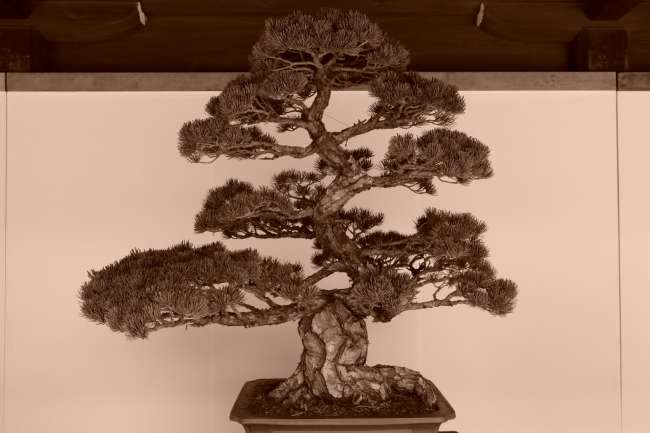
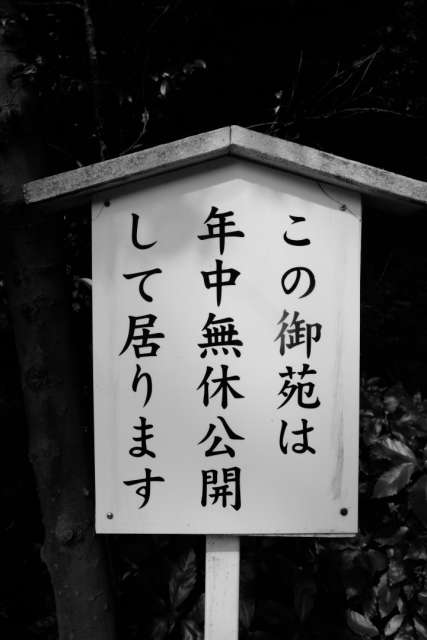
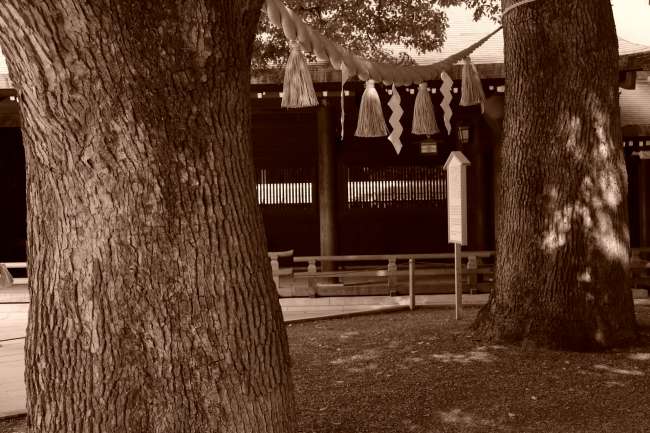
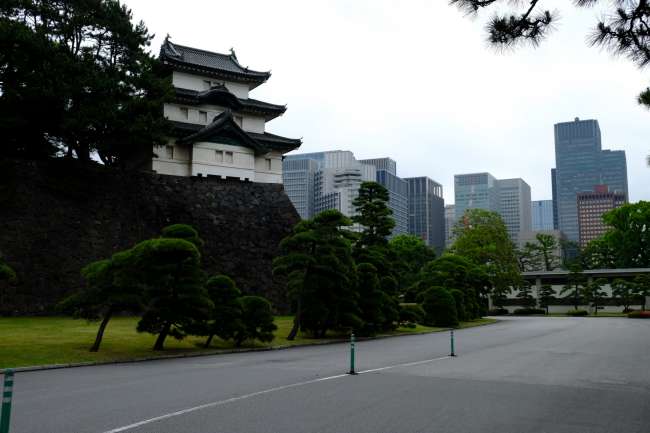
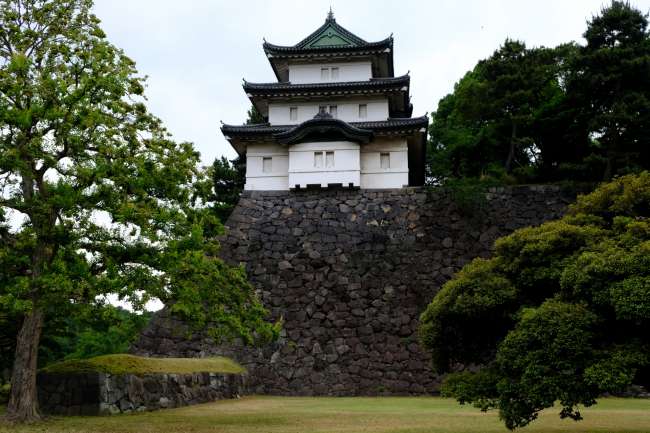
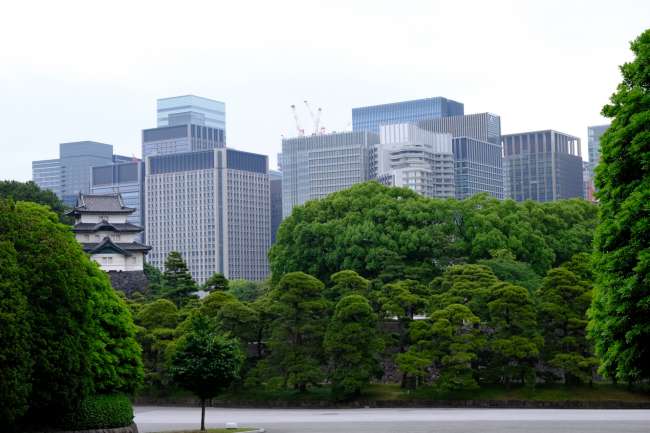

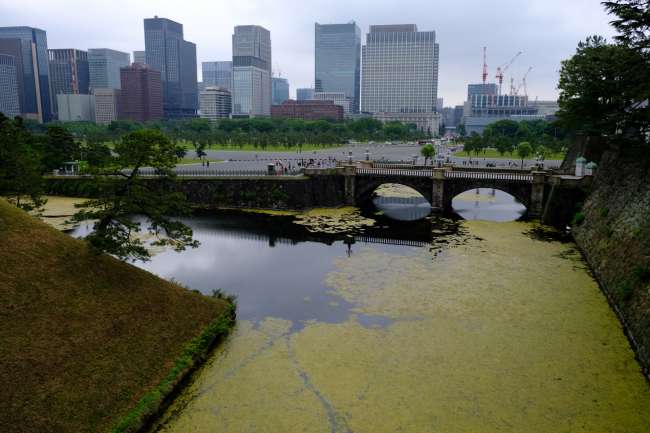
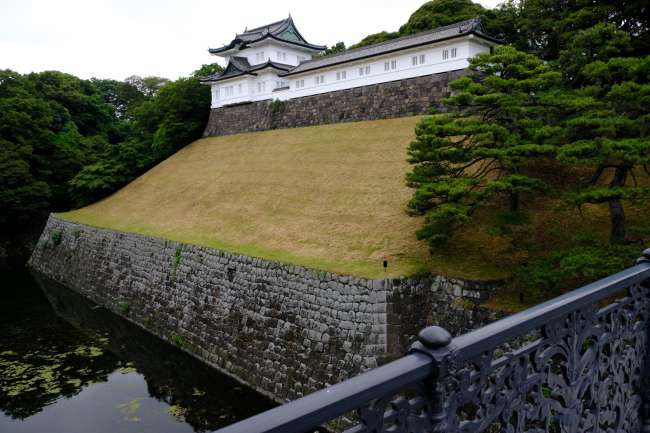
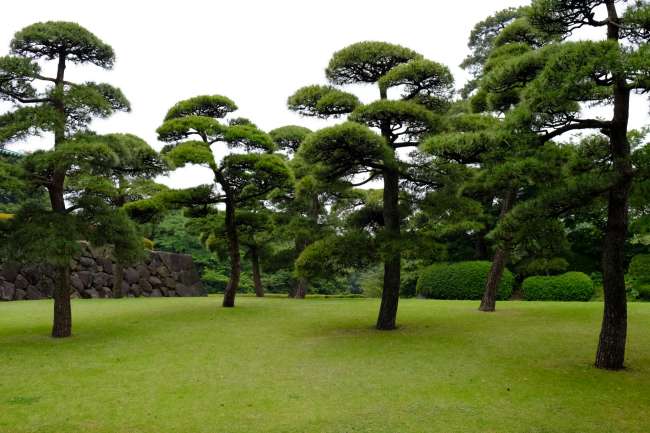

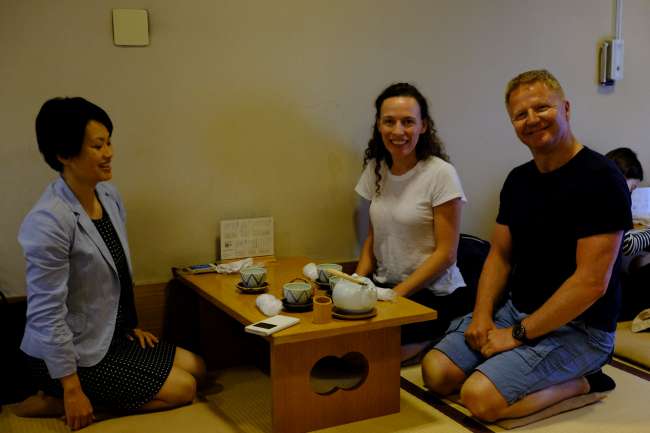
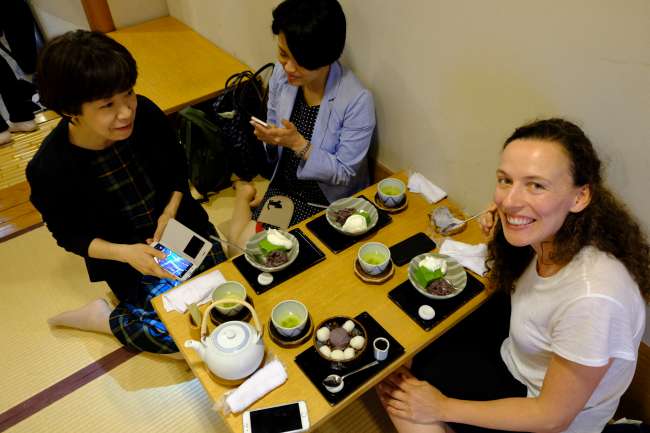
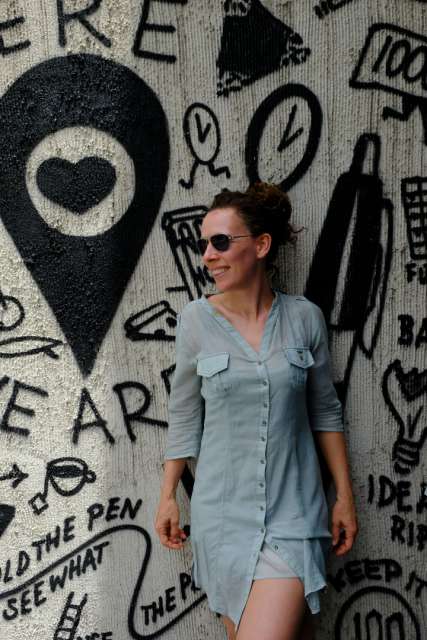
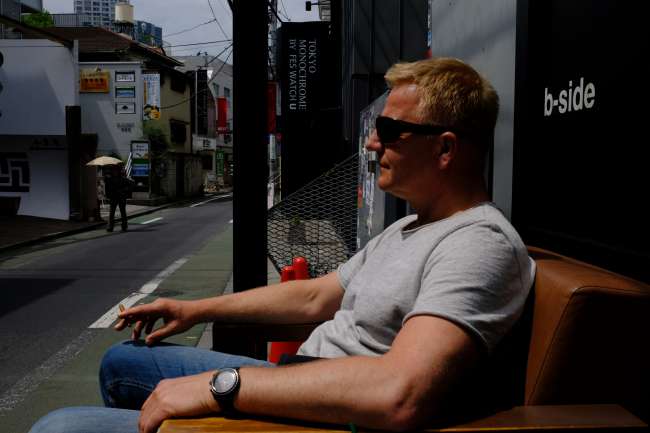
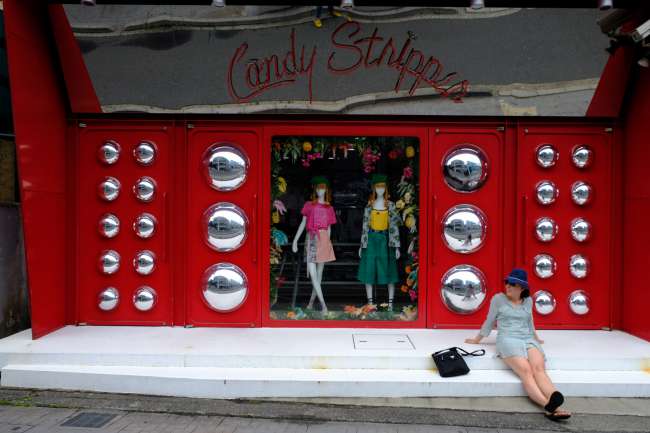
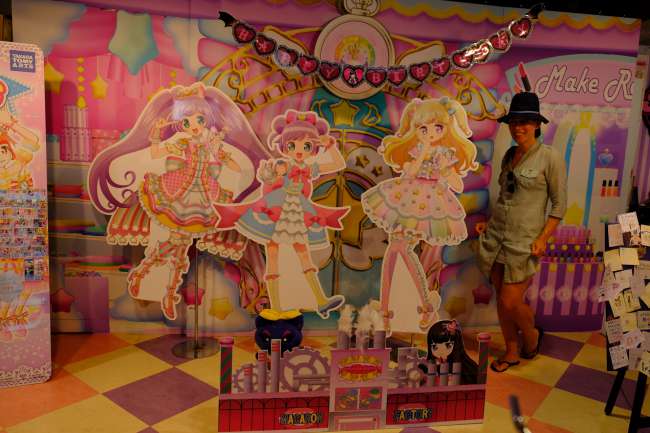
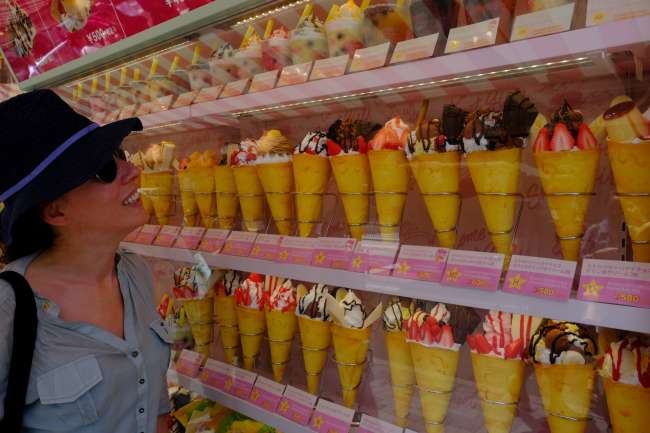
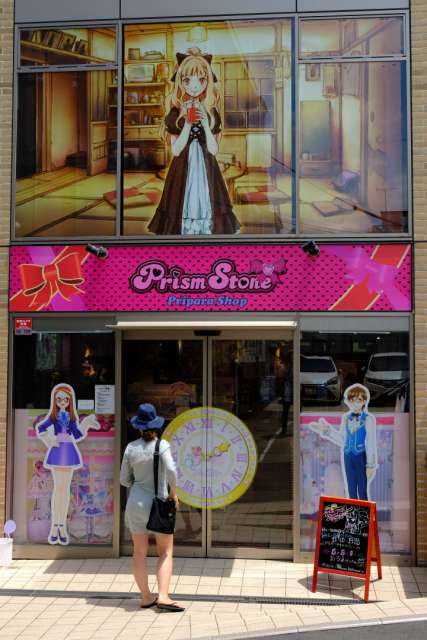
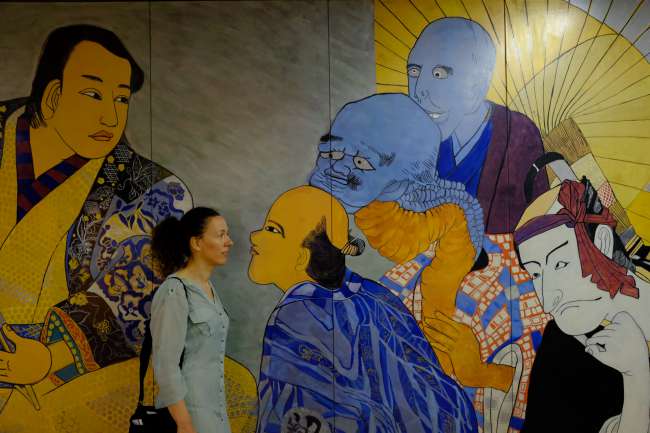
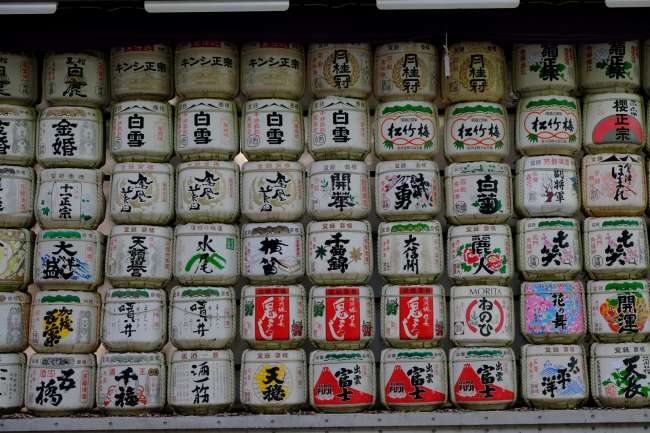
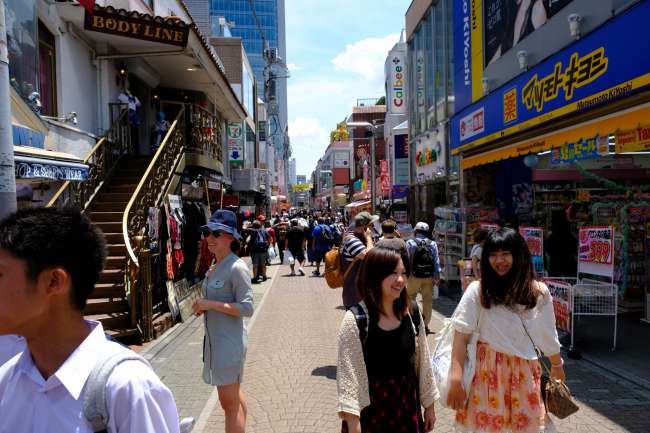
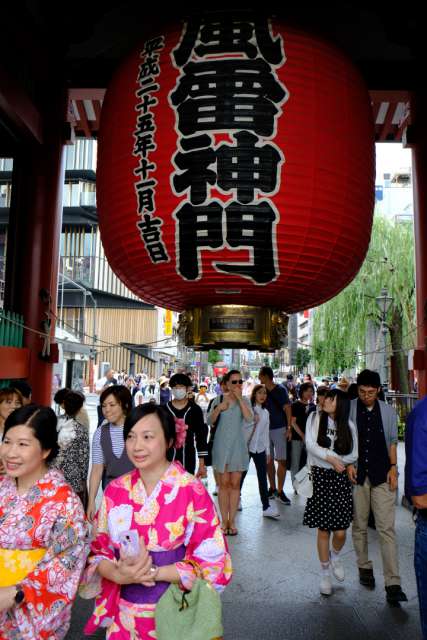
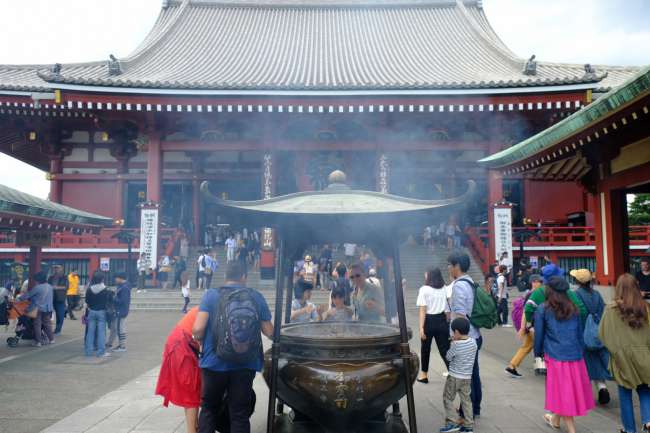
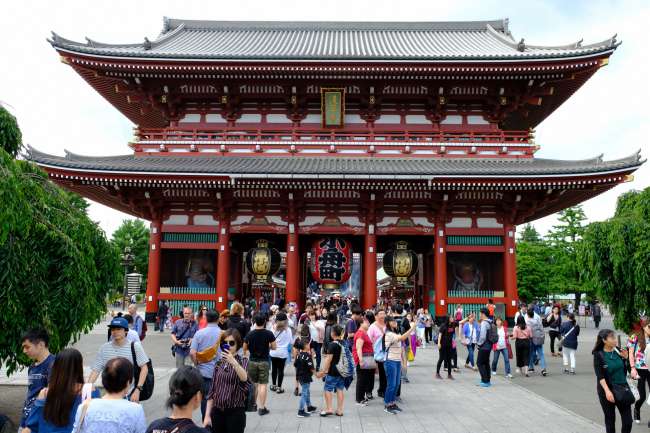
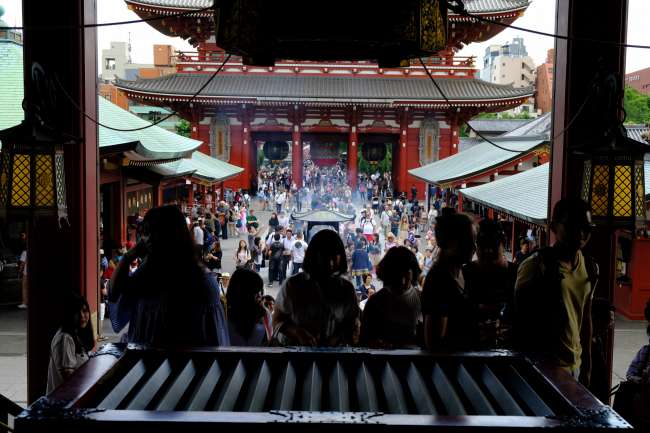
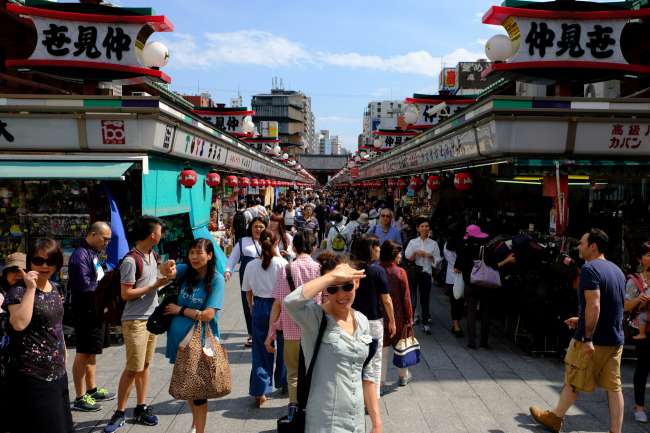
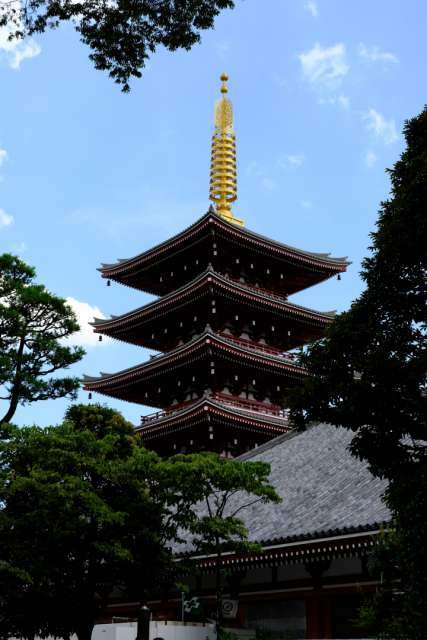
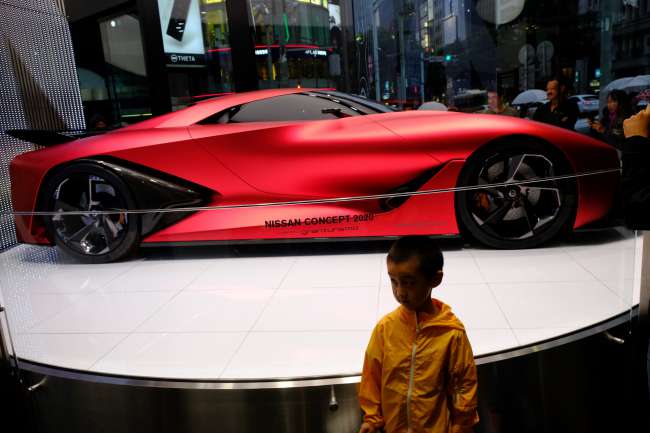
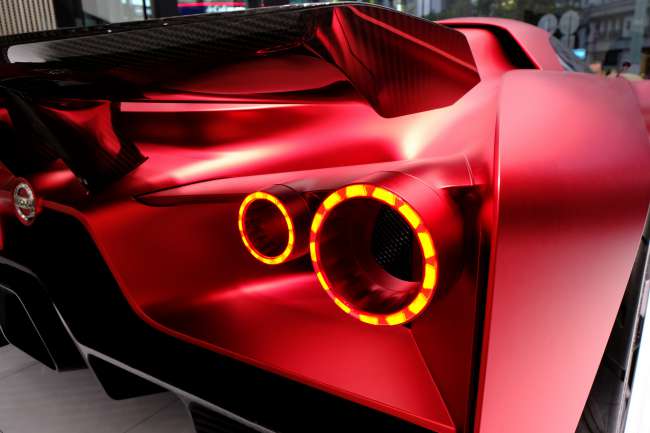
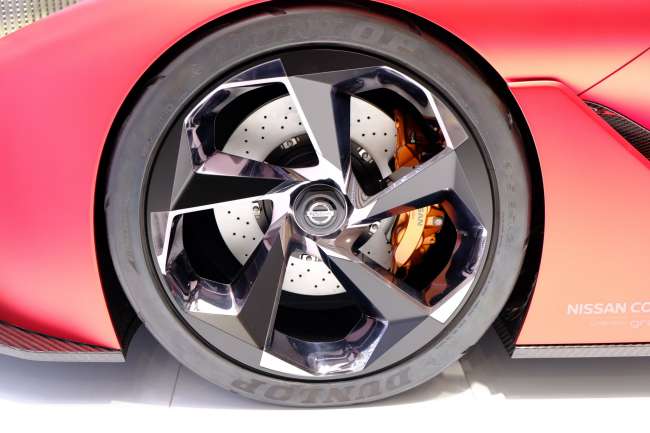
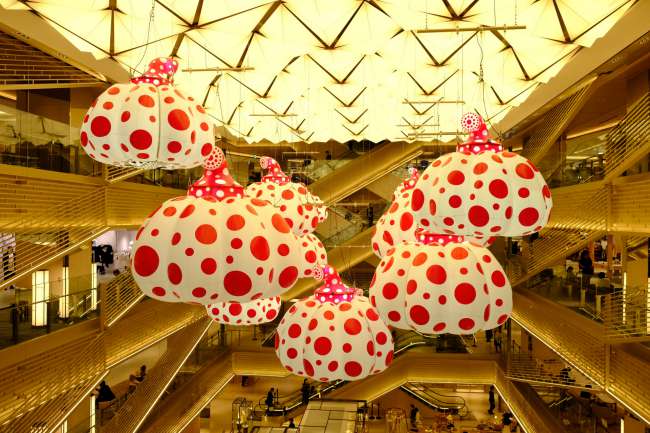
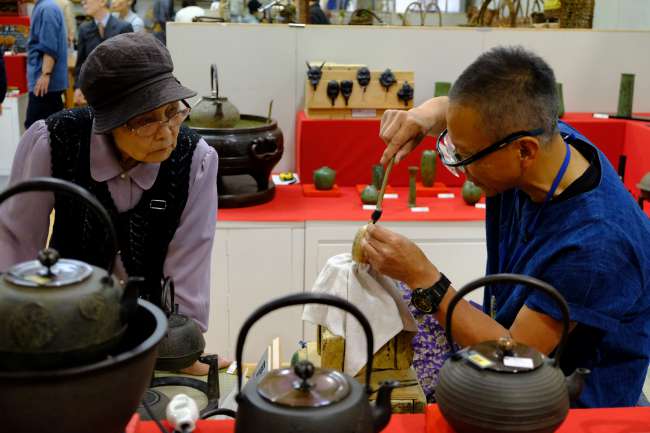
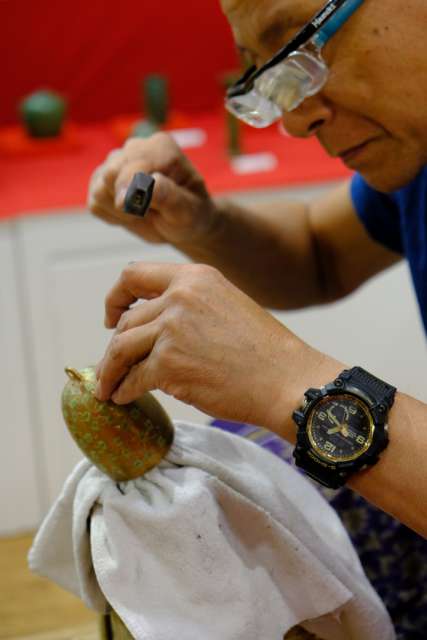
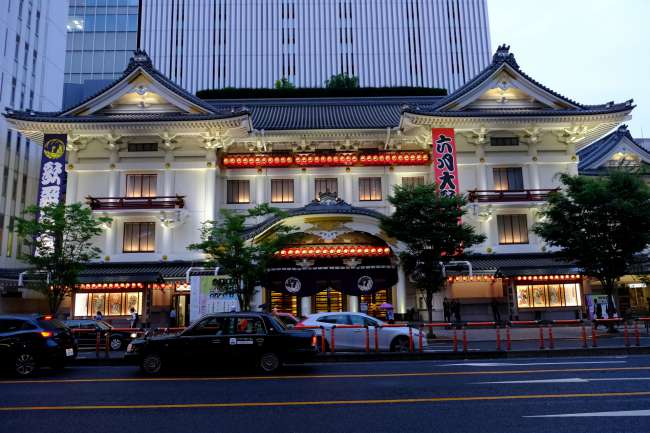
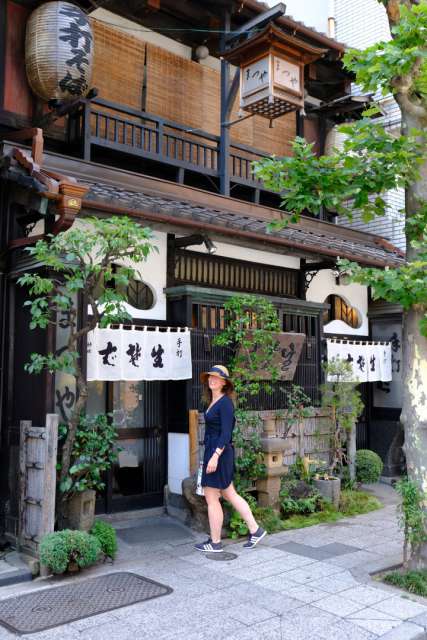
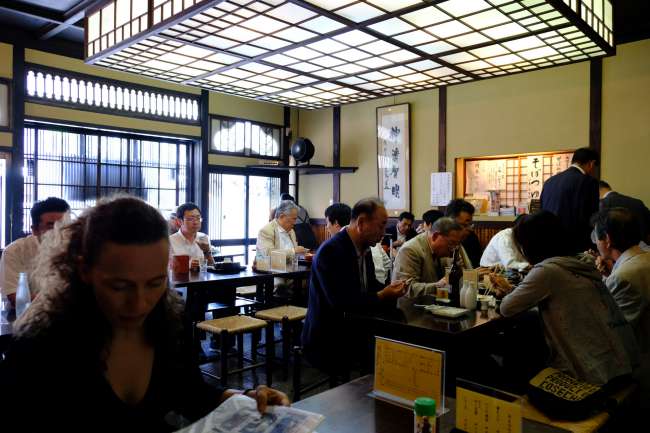
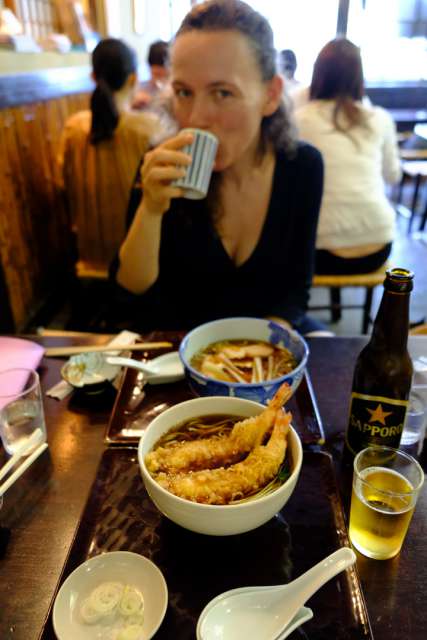
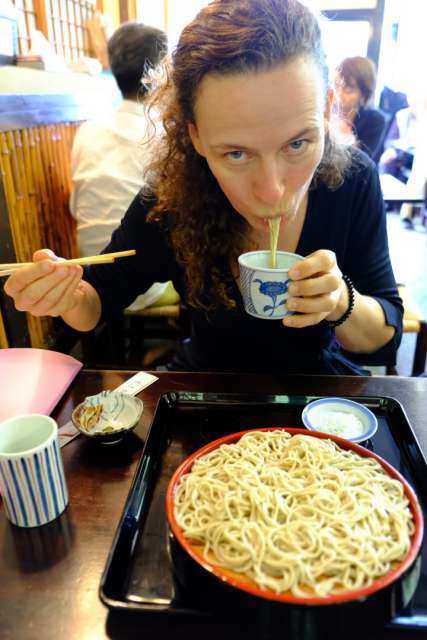
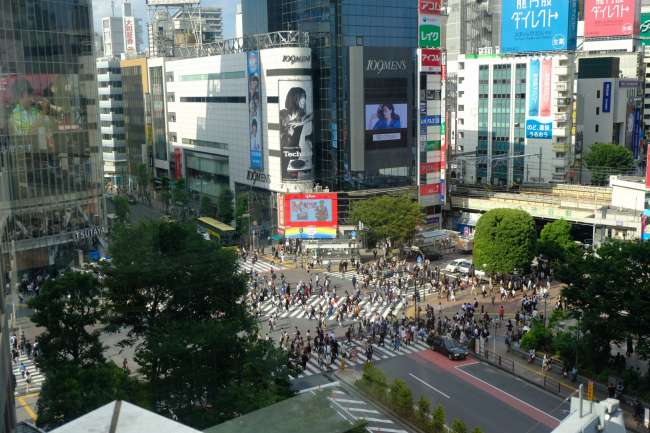
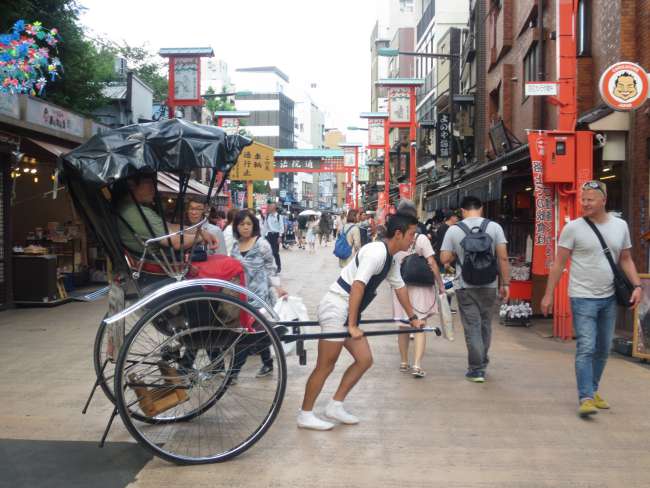
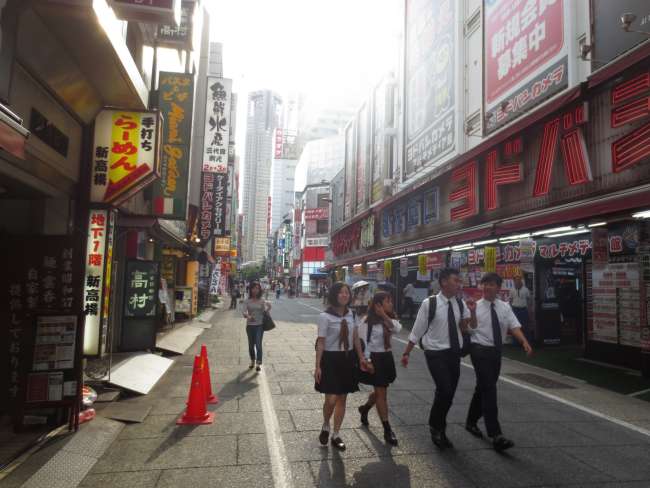
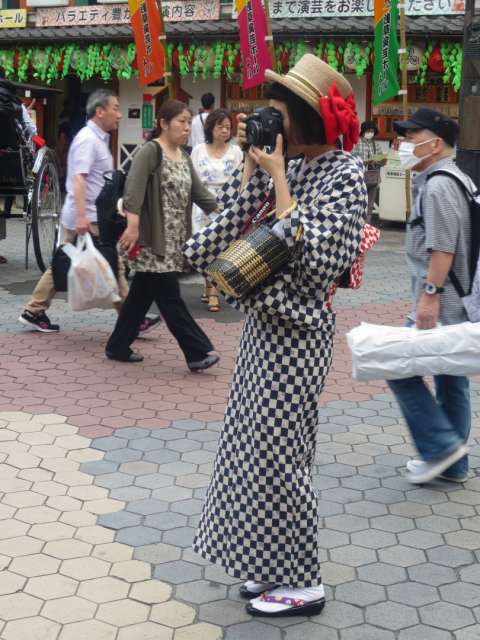
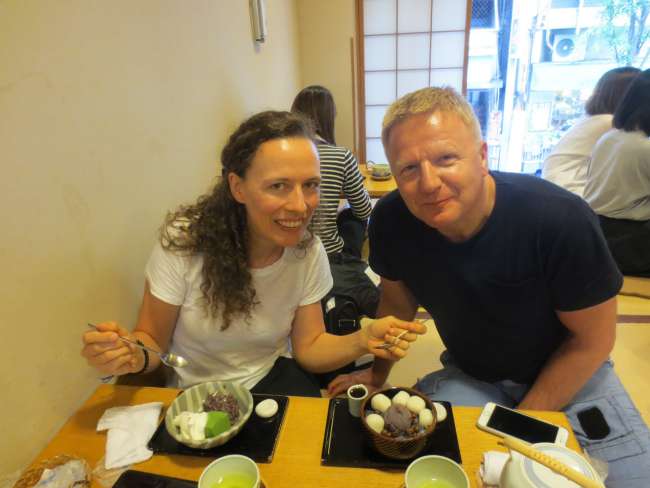
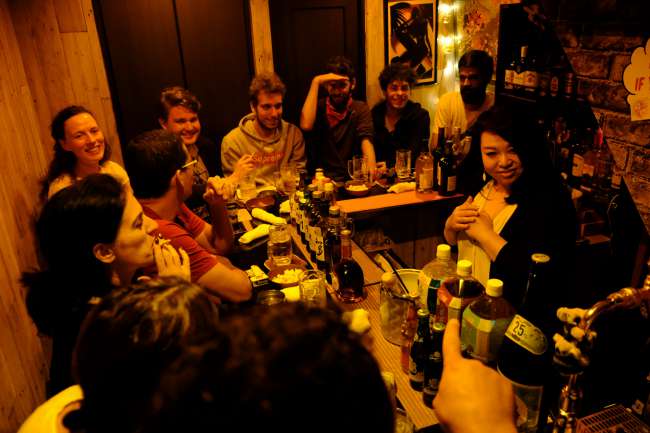

مشترک شدن در خبرنامه
Shinjuku Granbell Hotel, 2-14-5 Kabuki-cho, Shinjuku-ku, Tokyo 160-0021
KONNITSCHI-WA TOKYO! HELLO TOKYO.
If you thought San Francisco already had a variety of crazy people, then you haven’t been to Tokyo yet, the center of the craziest fashion trends and lifestyles. Exhausting, exotic, exciting. In Tokyo, there are also plenty of food bloggers (here in Tokyo, everything revolves around food) - the world's largest fish market with the freshest and most creative sushi, the smallest restaurants (4 seats) with the most unusual specialities, a district with 300 minibars (all with a counter for no more than 5 people and very small) BECAUSE: space is scarce in Tokyo.
We in Germany are never used to so many people and so little air to breathe ... you can only bear that with a lot of sake! - we followed that ;-)
Landed in Tokyo with Japan Airlines after an 11-hour flight (Jens slept really well as always - I didn't sleep a minute) - the skyscraper already overwhelms you during the 1.5-hour train journey to the center of Tokyo. Checked into the centrally located Japanese hotel GRANBELL SHINJUKU (location is everything, few people speak English) right next to the largest train station in Japan - Tiny shoebox rooms, windows cannot be opened, air conditioning only on full power. YAY!
At 3:00 a.m. (yes, somehow we had a little jet lag) we decided to take advantage of the opportunity and visit the fish market. If you think 3:45 a.m. is early for a fish market, you are wrong: too late for the tuna auction that takes place every day at 2:00 a.m. So we slept too long again ;-)! But it was enough for the freshest sushi right at the market. You have to wait in line for at least 60 minutes, but it's worth it! Suddenly, the sushi doesn't look as well-shaped and even as it does at home. The most delicious sushi I have ever eaten. Tokyo was worth it just for this. But it is strange to have an 8-course sushi menu for breakfast at 5:00 a.m. Starting the day with an aquarium in your stomach...
The best thing about big cities is the morning, the calm before the storm. After the hustle and bustle of the fish market, we are surrounded by soothing calmness in Tokyo's largest park: the Yoyogi Park. The most elegant building in Tokyo, the Meiji Shrine (temple), is located in the middle of the park. Still owned by the Japanese emperor and inaugurated in 1920, the shrine was dedicated to the wife of Emperor Meiji in 1850. When we entered the park at 7:30 a.m., equipped with Starbucks breakfast (we needed something proper after all the fish!), we were not the first. Many Tokyoites use the tranquility of the park for a peaceful start to the day. The temple is quite spartan and yet so elegant. At small boards, you can write down your wishes and hang them on a board. Beautiful bonsai trees decorate the entrances. A large duet of trees, from a distance it looks like one tree, symbolizes "eternal connection". In the heart of Yoyogi Park is a beautiful garden with a tea house that existed even before the temple was built in 1603 - the garden of King Kumamoto. At that time, the royal family recovered here from their hardships :- ) And in June, a very special kind of irises bloom here (I have a green thumb) - beautiful.
After so much culture, the shopping mecca of Tokyo is finally open. Harajuku. This is where Gwen Stefani gets inspired. A mecca for mystery shoppers and fashion bloggers. Harajuku, modern and bustling, with many colorful corners. That would be something for Emma - the birthplace of Hello Kitty & Co.
Visiting the Imperial Palace and Parliament was a must - where tradition meets modernity. The palace is located on a huge area right in Tokyo's business district. The Emperor Akihito, who has been in office since 1989, lives and reigns in the palace - for life. To reach the Imperial Palace, you have to cross two beautiful bridges (constructed by the German W. Heise in 1846), pass through a giant wall and many gates. The excursion turned out differently than expected...a trip in Japan means: we were not alone at all...we were pushed through the government district completely in the crowd. There were even supervisors with megaphones who drove the masses forward and made sure that no one stepped out of line. Well, that was a typical Asian excursion. Jens didn't like it at all. But it was informative and interesting to see how the emperor rules, so well protected and modestly.
First, let's go for lunch. In the Kagurazaka district, probably the oldest district in Tokyo that was not destroyed by the war. Real geishas are said to still fulfill their duties here. You have to know that in Tokyo there are many "wannabe geishas" - kimonos, including a make-up session, are offered and rented at every corner. Unfortunately, you often come across tourist geishas - yes, even "wessies" (Westerners) rent kimonos...anyway, we found a fantastic lunch place. And what was the most remarkable thing during all of our Tokyo experiences: no matter who you ask for help, the assistance is overwhelming. Two very nice women approached us during lunch (because I apparently spread out my map a bit conspicuously), asking if we needed help. The end of the conversation was that the two of them took us for a typical Japanese afternoon tea. They gave us a deep insight into the dessert culture and we were able to witness a real Japanese ceremony. Jens immediately adapted and sat in a very untypical way for a man :- )! In Japan, men sit cross-legged. But it looked good :- ) My absolute new favorite dessert: matcha cream (green tea powder) with vanilla sorbet. After a great afternoon in the Japanese style and a lot of sweets, we immediately made plans with Yu-Nen for dinner in Shanghai on Friday - because Yu-Nen is visiting her family in Shanghai - how nice!
The incredible crowds of Tokyo are absolutely insane. No matter which train, which intersection, or which restaurant you enter. CROWDS OF PEOPLE and long distances. Signs only in Japanese. So, it's best to prepare your daily route well. Our daily average number of steps (according to Apple count) is 25,000 steps. In the evenings, we feel the same. Flat as a pancake. When you want to get from A to B, the distances are always quite long - the incredibly well-structured and highly frequented S and U-Bahn network here does not tolerate any loss of time...especially during peak hours, people in the train are "packed like sardines". How can they stay so calm during this!? By the way, the normal average working time for managers here is 12-14 hours. So, you only see most managers on the train around 9-10 p.m.
Next, we went to the largest, yes, again: Temple. The Asakusa Kannon Temple. The entrance is reflected by a mighty large red lantern. An incredible crowd of people and a mix of Japanese and tourists from all over the world. These masses and the mix of trade and religion is special and was really exhausting. Tranquility, like in the Meiji Shrine, is far away from here. The temple stands for the legend of the year 628 - when two fishermen pulled a small statue of the goddess of compassion, Kannon, out of the Miyoto River. All attempts to put the figure back into the water failed. So the head of the fishermen built the temple in honor of the statue. It's really funny what you can make out of a legend...
No trip is complete without visiting the leading shopping center in the city - that gets the heart of a mall manager beating faster. And there we were in GINZO6 - just opened in April and named after the 6th district of the Ginzo district. European fashion at triple the price compared to home - no, I think I have to be patient when it comes to shopping and it wasn't difficult at all J The Japanese are very good at making people spend money!
In Tokyo, you haven't really been there if you haven't partied at night. On the last evening, we briefly stopped by the party district Kabukicho, conveniently located around the corner from our hotel. What was supposed to be a "goodbye sake" turned into a funny "sake night" with tourists from Australia and film producers from Argentina, as well as a very courageous Japanese bartender (ouch, my head!). You get to know people so quickly in Tokyo - completely randomly and uncomplicatedly. Everyone is very open and hospitable - whether visitor or Japanese.
After four days of so many experiences, it's not easy to summarize the highlights. We experienced so much and indulged ourselves from morning to evening with a pretty intense program of culture, shopping, and dining out. With the incredibly many impressions of the pulsating city that is so fast-paced and yet organized: Tokyo. You have to take with you the friendliness and helpfulness of the Japanese despite such stressful influences.
Now we are really looking forward to a hotel room in Shanghai with windows that will hopefully open and a little more room to move - and yes, we know, the air won't be any better :- )
NEXT STOP SHANGHAI:
The Langham, Shanghai, Xintiandi, 99 Madang Road, Xintiandi, Shanghai 200021, China
مشترک شدن در خبرنامه
پاسخ

